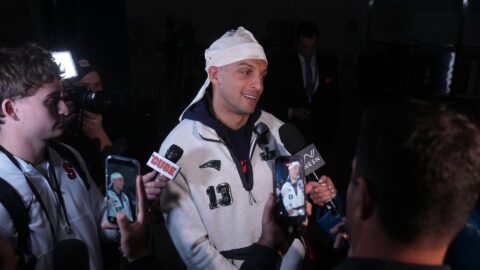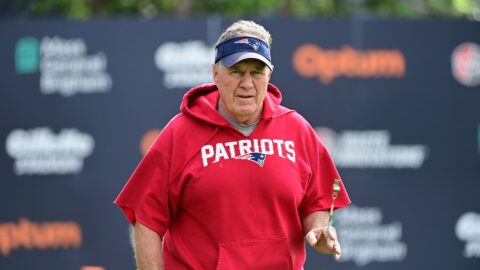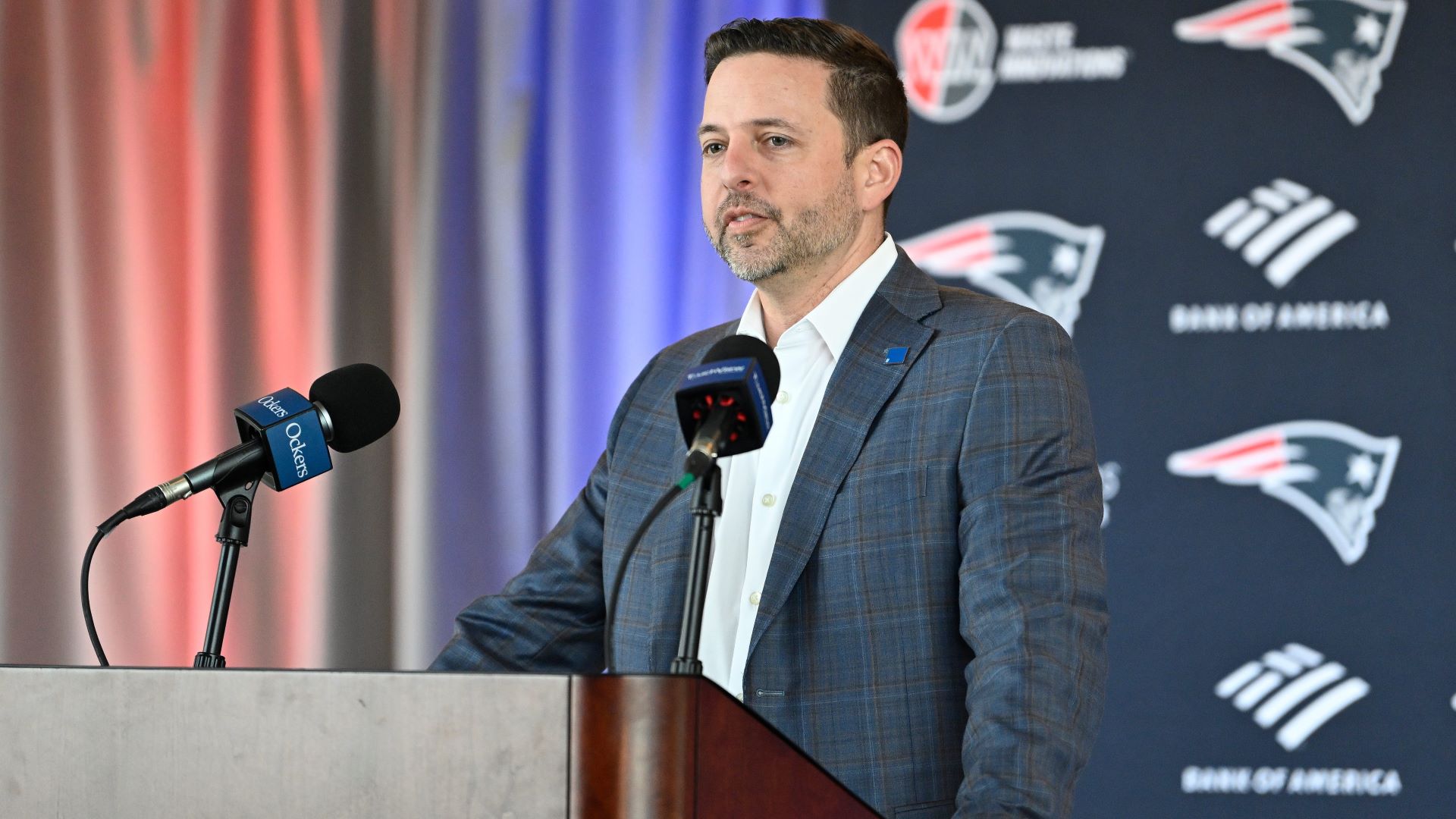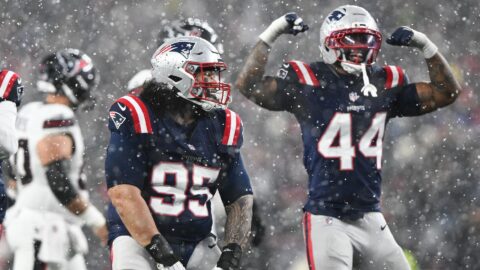Unthinkable though it may be to the diehards who have a closet full of green jerseys and strain their vocal chords cheering at Celtics games, Boston traditionally has not been the NBA’s prominent destination for players.
The Celtics never came up on Dwight Howard‘s wish list over the last two years of Howard’s ESPN daytime television drama. Kevin Garnett, for all the admiration he has expressed for the Celtics franchise over the last five years, had to be talked into agreeing to the trade that made the 2008 championship possible. Puzzlingly, in the era of superstars joining forces to chase banners, no free agents have conspired to team up for the franchise that has more banners than anybody.
In the eight years Doc Rivers has been at the helm in Boston, that has gradually changed. Garnett and Ray Allen famously came together with Paul Pierce in 2007, while Eddie House and James Posey signed as free agents that same summer. Rasheed Wallace came in search of a ring in 2009, and this offseason has seen the signings of Jeff Green, Jason Terry, Brandon Bass and Chris Wilcox, as well as the sign-and-trade for Courtney Lee.
President of basketball operations Danny Ainge deserves credit for working out the details, while Garnett and Pierce have established the winning culture in the locker room, but Rivers’ role in this shift in perception should not be overlooked. What Rivers brings to the organization extends beyond what he scribbles on a white board during timeouts.
A player poll published in Sports Illustrated last season listed Rivers as the coach NBA players would most like to play for. By extension, that means that the Celtics, as long as they employ Rivers, are the team NBA players most want to play for. Bass explained that players naturally feel comfortable playing for the Celtics because Rivers is one of the few coaches who sincerely wants to see each of his players be successful. Plaudits like that get heard around the league. Before long, there are players like Lee, who could have simply signed elsewhere as a free agent, agreeing to complicated sign-and-trades in order to play in Boston.
The reasons why the Celtics have generally not attracted stud free agents are various and complicated. Throughout the franchise’s history, going back to the great William Felton Russell, Boston has had a stigma among black players in a league whose stars predominantly are black. It is a stigma that few directly address, but the issue occasionally rears its head, as it did during last year’s playoffs, when a Philadelphia writer defended his city against Garnett’s “fair-weather fans” comment by writing that “‘fair-weathered’ beats bigoted any day.”
Whether Boston’s reputation ever played a role in any particular player’s lack of interest in the Celtics is hard to say. Every case is different. Whereas one player may pass over Boston for purely basketball reasons, another player may have an entirely different justification.
Yet it is fitting that the man who is most responsible for making the Celtics a popular destination, who is credited as the No. 1 reason for players now wanting to play in Boston, is black. It is doubtful that race relations ever came up when Rivers placed his decisive phone calls to Terry or Lee, but that is precisely the point. For many players, those things no longer matter.
In less than a decade, Rivers has helped change a franchise’s image, whatever that may have been, in the eyes of many players. Just like those fans who pack the TD Garden every game night, more and more players now cannot imagine wanting to play anywhere else but Boston.
Have a question for Ben Watanabe? Send it to him via Twitter at @BenjeeBallgame or send it here.



